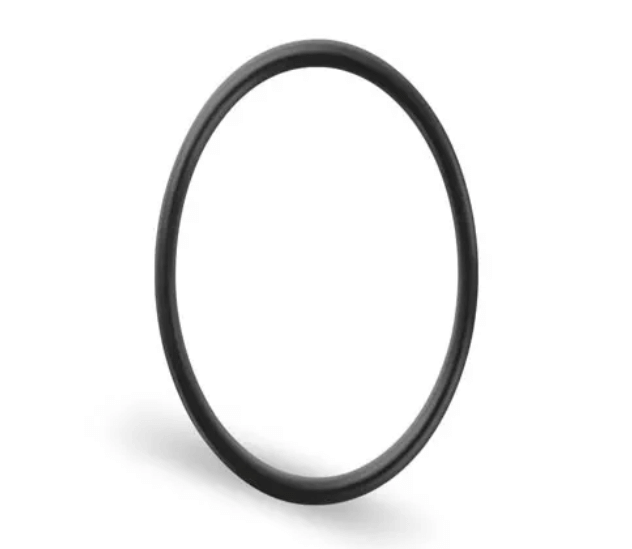The chemical industry needs sealing solutions specific to the chemicals produced, whether they are acidic or alkaline, toxic or harmless.
Not only do the seals have to contend with the chemicals being manufactured, but the heat and pressure used in manufacturing can be extreme.
Let's examine the conditions various Freudenberg Sealing Technologies (FST) seals endure in the chemical industry, and the materials from which they are made.
Chemical sealing solutions: ChemXT
FST seals for the chemical industry contend with processes involving fine and specialty chemicals and temperatures of up to 300°C. These conditions can push seals made of elastomers and plastics to their limits.
In response to this, FST has developed many different sealing materials. One such material is ChemXT, with its excellent sealing performance at low temperatures and excellent chemical resistance. It’s also ADI-free and RoHS compliant.
The 80 ChemXT 940 is suited to temperatures from -15°C to +230°C without any problems and it shows very good resistance to many acids, organic solvents, UV light and ozone.

Chemical sealing solutions: PTFE & ePTFE
FST also designs seals made from PTFE (polytetrafluoroethylene), which has excellent chemical resistance. It’s the best of the elastomer materials, making it the high-performance material of choice in sealing technology.
The strong bonds between PTFE carbon and fluorine atoms are the key to its excellent resistance to chemicals. Its temperature range is an extraordinary -200°C to +260°C. This means it’s not only suitable for liquid gas manufacture, it’s also resistant to bases, acids, alcohols, ketones, benzines and oils. Its variant, ePTFE, performs even better and is usable in a temperature range of -268°C to +315°C.
Chemical sealing solutions: FKM
When it comes to elastomers, FST’s FKM is a material with good resistance to organic solvents. The standard FKM material is used in a number of low-temperature chemical applications, from -20°C up to 200°C. However, a special composition of this material withstands temperatures down to -40°C, making it suitable for use with LPG.
These sealing solutions are the mere tip of the iceberg when it comes to the breadth of materials and designs in the FST catalogue. Find out more by contacting your nearest FST seal stockist.
